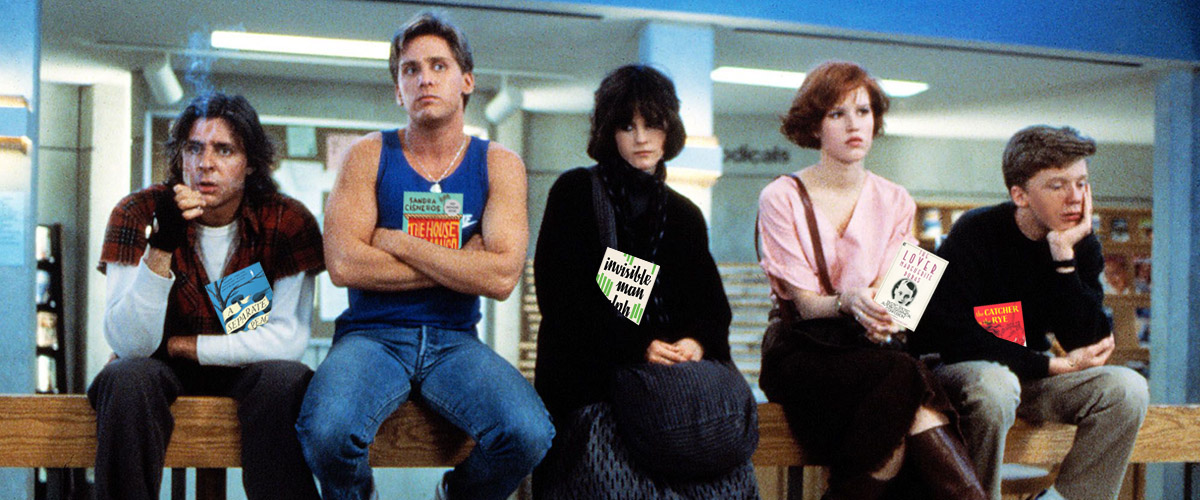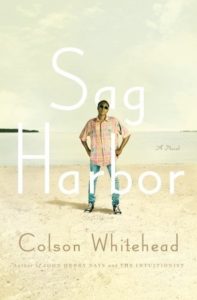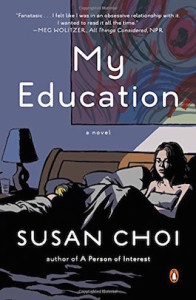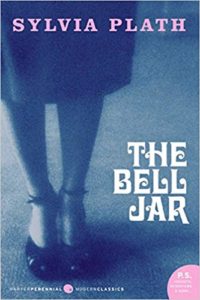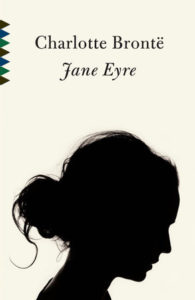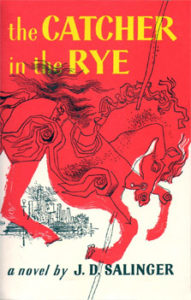 J. D. Salinger, The Catcher in the Rye
J. D. Salinger, The Catcher in the Rye
With To Kill a Mockingbird, probably the first title that comes to mind (at least for Americans) when someone mentions “coming-of-age” novels. Personally, I’m not a huge fan—read Franny and Zooey instead, or even better, Nine Stories—but the fact that we’re still fighting over, discussing, and re-evaluating Holden after almost 70 years suggests he struck a deep chord.
Sag Harbor is proof that Colson Whitehead can do it all—gut-wrenching historical fiction, genre-bending zombie novels, and classic coming of age (among other things). In this funny, enjoyable novel—which has less plot and more concern for language than his most recent blockbusters—15-year-old Benji spends the summer of 1985 in (you guessed it) Sag Harbor, trying to figure out himself and the world via a series of low-grade hijinks. A perfect, elegiac summer read.
It starts like your classic student-falls-for-professor novel, except then the student (Regina) falls for the professor’s wife (Martha) instead. Thus begins a complex tragedy that spins out over years, and manages to showcase a kind of coming of age for both Regina, who is 21 at the start of the book, and Martha, who is 33. Yes, these characters are older than the classic teens-in-trouble you usually find in this category—but they come of age all the same. Turns out you can do it at almost every age.
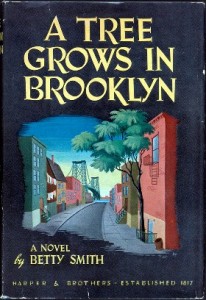 Betty Smith, A Tree Grows in Brooklyn
Betty Smith, A Tree Grows in Brooklyn
The classic, beloved coming-of-age story of Francie Nolan, growing up in Brooklyn in the early 1900s, when Williamsburg wasn’t the least bit hip.
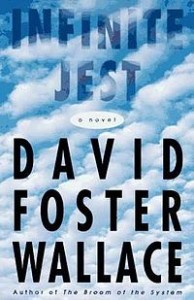 David Foster Wallace, Infinite Jest
David Foster Wallace, Infinite Jest
There is . . . a lot going on in this novel. Killer entertainments, tennis prodigies, family power struggles, recovering drug addicts, Les Assassins des Fauteuils Rollents, Hugh Steeply. But at the very heart of everything, there’s Hal, an exceptionally intelligent tennis player who winds up (and/or begins, depending on how you mean it) much changed. How could you not be, after a novel like this?
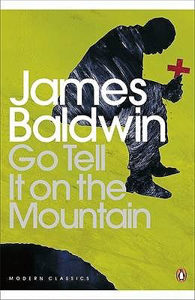 James Baldwin, Go Tell It On the Mountain
James Baldwin, Go Tell It On the Mountain
Baldwin’s first novel recounts the fourteenth birthday of one John Grimes, who is struggling with love and hatred of the church, his father, and what he is beginning to identify as his “treacherous and bewildering body.” See also: Giovanni’s Room, a coming-of-age of a different, but no less intense, variety.
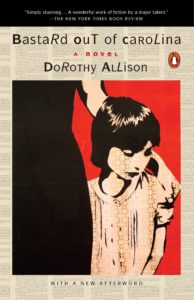 Dorothy Allison, Bastard Out of Carolina
Dorothy Allison, Bastard Out of Carolina
A harrowing modern classic about a “white trash” family and its youngest member, Bone, who is also repeatedly abused, physically, emotionally and sexually, by her stepfather. In the end, what she finds is a little less than the self-awareness and self-actualization of some of the other novels on this list. But as David Cantwell so eloquently put it in The New Yorker:
Readers sometimes complain about the book’s conclusion. Bone, abandoned by her mom and churning between a rage that threatens to consume her and a fatalism that tells her to just give up, imagines that her story is, for all intents and purposes, already over, that “I was already who I was going to be.” Some people want a happy ending, or at least a hopeful one. Yet, short of somehow magically erasing everything she’s endured, the novel ends about as well as we could imagine that it would for Bone. She is alive. She is safe with Aunt Raylene, whom we and Bone have learned to love and respect. More to the point, the book that we are reading exists, and it is told in her voice.
Plath’s only novel is a semi-autobiographical account of a young woman’s descent into mental illness and search for self-actualization and self-identification; this is another one that not only depicts a coming-of-age but has certainly helped fuel more than a few.
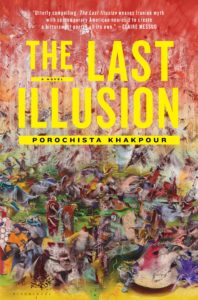 Porochista Khakpour, The Last Illusion
Porochista Khakpour, The Last Illusion
Zal has a little further to go than most of the other young people in the books on this list—after all, he spends his first years raised as a bird, kept in a cage by a mother horrified by his albinism. Eventually he is freed and transported to New York City, where he grapples with becoming a man—and with the nagging feeling that he should be growing into another kind of creature altogether. A fabulist, wonderful take on a classic trajectory.
Wretched orphan becomes happily married woman—the original coming of age story. Never mind the insane ex-wife in the attic, or the fairly horrible husband, or the fire. Just never you mind.

